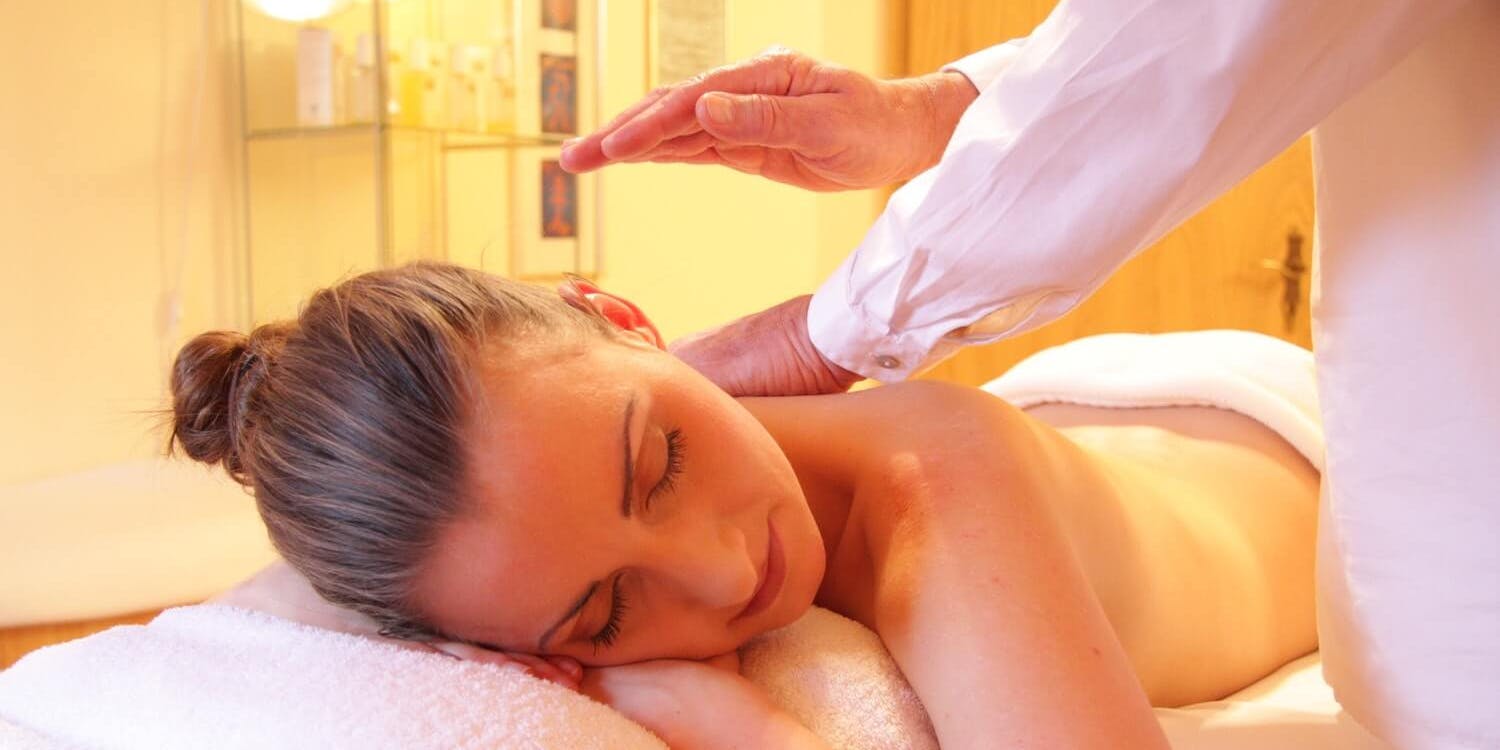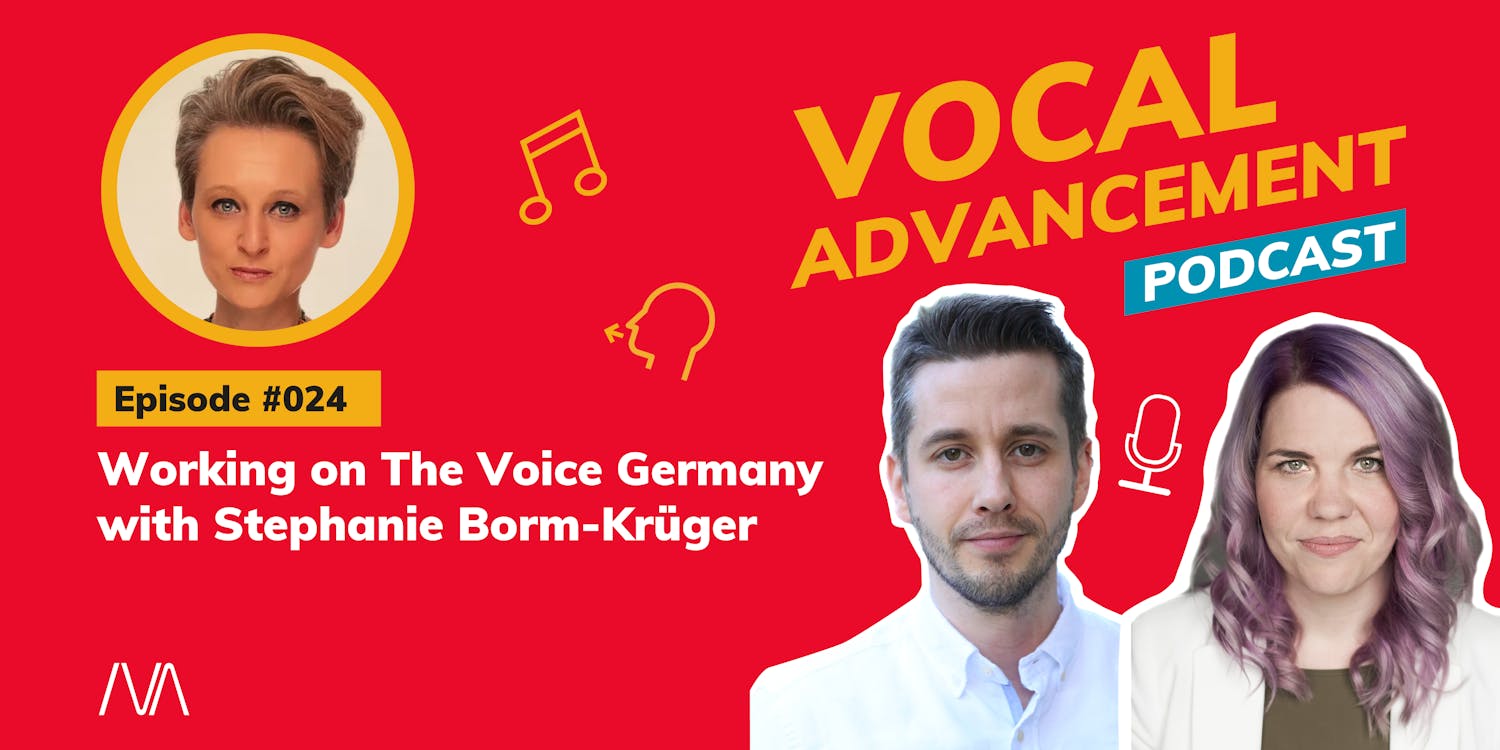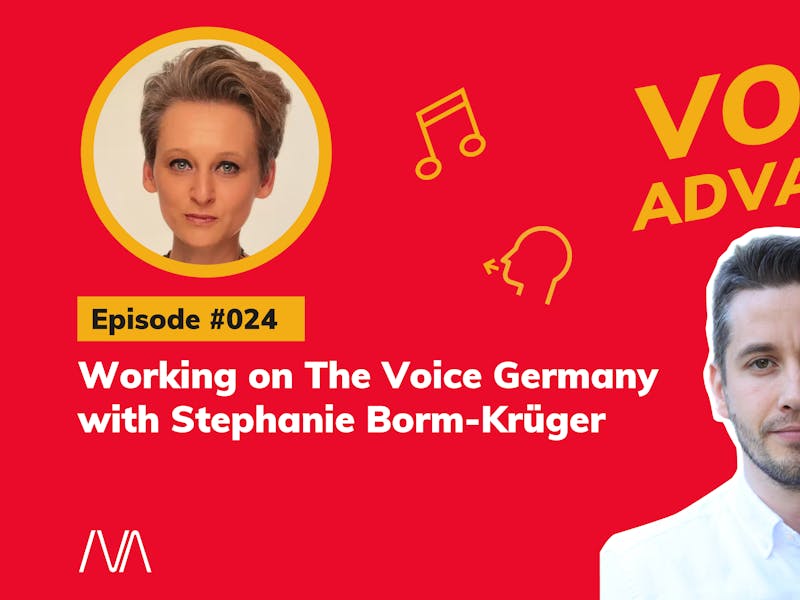We are delighted to announce that after 5 years, IVACON is back in person! Our exclusive week-long conference is tailored for singing teachers just like you.…
Who doesn’t love a massage? It’s a nice thing to do for ourselves every once in a while, but have you ever thought about how it can be a real part of caring for the health of your voice?
After years of working with singers, I’m convinced that massages can truly benefit our instrument!
Maybe you’ve had times when you’re working really hard with your vocal coach to change some habits, but you’re just feeling stuck. You’re doing everything you need to do mentally, but perhaps you need to consider that you might be fighting some habitual muscular tension that needs to be worked out.
Well, guess what? Massage can help you level up your singing when you feel like you just can’t quite make the changes through other methods.
There is a lot that a massage therapist can do to help you sing better! You can even find massage therapists who are proficient in jaw work to really target your instrument, but even without that, the benefits of massage in other areas can still help you sing your best:
Abdominal massage
Powerful singing starts with good breathing. For full belly breaths, your core needs to be soft. And “soft” doesn’t mean a lack of strength, but rather the ability to relax the abdominal wall so it can fully expand. Abdominal massage can help tremendously to relieve held tension.
Chest massage
Tension in your pectorals can contribute to rounded shoulders, pin down your front neck muscles, and consequently restrict movement of your larynx. Improving your posture will help you get those full, supportive breaths. And this is important: if your upper back/shoulders bother you regularly, you NEED chest opening work. Our upper backs can essentially become the “sore loser” in the battle for balance against the chest.
Neck massage
The front of the neck is where your voice box lives. Requesting focus from your therapist on anterior neck work can bring more ease of movement, making it easier to get to those hard-to-reach places in your range.
Jaw massage
Your mouth is your resonating chamber, so the more open it is, the fuller your sound can be. Most massage therapists are comfortable doing face and scalp work, so don’t skip asking for this! Gloved intraoral (inside the mouth) work and facial massage can effectively open up this chamber by releasing the many muscles of the face and tongue from different angles. Given the delicate nature of the face, intraoral massage should only be done by someone familiar with the location of neurovascular bundles and lymph nodes, as well as the muscles of the face.
Scalp massage
The largest muscle affecting your jaw movement, the temporalis, lives just above your ears and is about the size of your palm. Getting release in this muscle is key for making sure your jaw moves freely.
Full body massage
While focusing on the parts of the body that are directly involved in sound production is very useful, it’s important to note that addressing the body as a whole has great benefits. Perhaps you’ve had moments where you wanted to drop into the moment of vocal expression fully, but that nagging pain in your back or the tight muscles in your legs made it challenging to do so. Full body massages are super helpful for your emotional state. They can make you feel put back together, ready to perform with a sense of ease throughout your entire body.
This was originally published on Neela’s website: https://www.neelakohli.com/post/massage-for-singers
Related Articles
Singing Teachers Summit
A free, online summit for music educators
As a worldwide leader in vocal education, we're excited to host a Singing Teachers Summit on January 20th and 21st, 2024. This free, online event features a fantastic lineup of guest lecturers to offer insight on a wide range of…
Stepping Out of Your Comfort Zone with Stephanie Borm-Krüger How Performing Under Pressure Helps Unlock Your Creativity Do any of your students dream of performing on a TV show like The Voice or one of the Idols singing competitions? Then they’ll want to…








